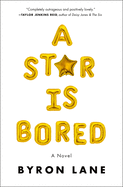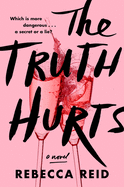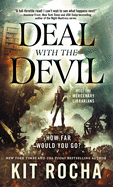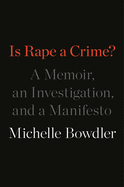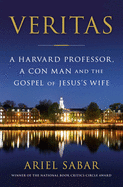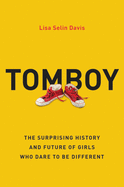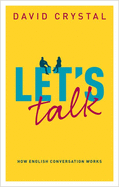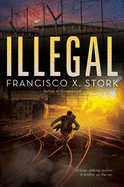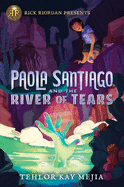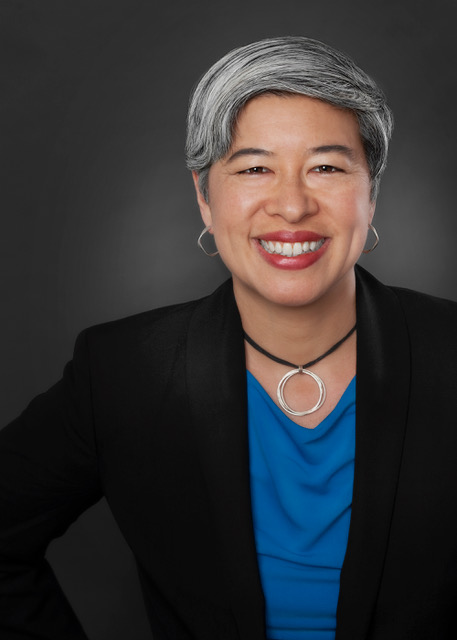 |
| (photo: Bob Blackwell) |
Tania Israel's Beyond Your Bubble: How to Connect Across the Political Divide, Skills and Strategies for Conversations that Work (APA LifeTools, August 11, 2020) is an accessible guidebook for initiating and improving communication across the aisle--or across the dinner table--and fostering connection despite political differences. Israel is a professor of counseling psychology at the University of California Santa Barbara, as well as the director of Project RISE, developing and studying interventions to support the psychological health of LGBTQ individuals and communities. Israel delivered the first ever TEDx talk on bisexuality, and was named one of the 2019 Congressional Women of the Year.
Following the 2016 election of Donald Trump, you designed "The Flowchart that Will Resolve All Political Conflict in Our Country." A friend of yours quipped: "Way to overpromise!" But Beyond Your Bubble really does feel deliberately neutral in its politics and its delivery. Why was neutrality important to you, and how did you achieve that?
I encourage readers to be respectful of people whose views differ from their own, and I work very hard to model that. As outlined in Chapter 5, I practice perspective taking, truly trying to understand a differing view within the context of someone else's experiences and values. Perhaps the book is not "neutral" as much as it is multiple.
I also think my upbringing helps me to embrace multiple views. I grew up in Charlottesville, which has gained notoriety due to violent conflict about Confederate statues. Attending the only public high school in a multiracial college town surrounded by rural Virginia put me in contact with people who had a range of values, views and life experiences. I believe this exposure increased my comfort and open-heartedness toward people who hold differing opinions.
Anxiety and fear can be among the many barriers to dialogue--in particular, fear of confrontation and fear of being misunderstood. How can the activities you include in the book help people build confidence in having productive dialogues despite these fears?
In my field, confidence to perform a specific task is known as "self-efficacy," and the greatest contributor to self-efficacy is what we call "successful performance accomplishments." In other words, the best way to build confidence is to do something and succeed. Ideally, the book will help the reader develop the skills they need to succeed, and practicing the skills in low-stakes situations will help develop the confidence to tackle the really tough conversations.
Did you foresee just how topical so many of the examples you use would be? On the heels of the Supreme Court's recent DACA decision, I am especially reminded of the hypothetical dialogues in the book on immigration and the ways your strategies might help readers talk about the latest news.
I wrote this book during the past year, so it was clear what many of the divisive topics would be (although I didn't foresee Covid-19!). I wanted readers to find relevant examples and guidance for the issues that were most challenging for them, such as immigration, health care, abortion and the environment.
Speaking of our current moment: Can we have productive dialogues, listening effectively, over Zoom? I'm wondering if your technique of "nuggetizing" might be useful here.
It's easier to understand another perspective if we have multiple sources of input from a person who holds that perspective. Disembodied tweets or Facebook posts have little potential to promote understanding (and can, in fact, increase divisiveness). Phone conversations add nuance and tone, and videoconferencing, like Zoom, can enhance communication with non-verbal cues. This combination of words, vocal quality and visual information promote perspective-taking. As with any dialogue, it's important to use active listening skills (such as reflecting or "nuggetizing," as I call it) and to be able to take a break or end the Zoom call if fatigue sets in.
How has your work as director of Project RISE informed your teaching and writing?
For the past 25 years, my research has focused on interventions to support LGBTQ individuals and communities. This topic has put my work in the center of conflict in a rapidly changing societal context, which has provided me with opportunities for dialogue across difference. I have trained law enforcement on LGBTQ issues, facilitated conversations about religion and sexual orientation and informed policy about conversion therapy, all of which has honed my skills for and comfort with conflict.
How do you center integrity and grace both in your writings and in your own day-to-day life?
I live my life at the intersection of academia, politics and performance; none of these worlds is known for self-awareness and humility. What helps me maintain integrity and grace in my work and my life is my Buddhist practice, which offers me tools to grapple with the temptations of self-importance and conflict.
What's the best comment you've received from someone who has read your book or attended one of your workshops?
Last week, I spoke to a journalist who said, "Your book should be required reading for every American citizen." High praise, indeed (although the printer will need to step up production if this comes to pass).
Who do you most hope reads your book?
The ideal reader is anyone who is feeling distressed about their experience or anticipation of talking with someone across political lines.
What are you reading right now?
I love audiobooks, and my favorite genre is memoir, especially if it's read by the author. Covid-19 is giving me lots of opportunity to listen to books as I go on solo walks. My favorite quarantine books thus far have been Kiese Laymon's Heavy: An American Memoir and Paul Kalanithi's When Breath Becomes Air. In terms of fiction, I'm kind of obsessed with Taffy Brodesser-Akner's Fleishman Is in Trouble.
A question you pose that I loved was, "How can sharing a pizza illustrate dynamics of dialogue across political lines?" Lots of ways, it turns out! To end on a fun note: what's on your ideal pizza?
At the moment, given Covid-19, I'm not as tempted by specific pizza toppings as I am by the delightful notion of sharing food with other people, of gathering for a meal and connection and laughter. This is the magic of pizza--it's a collective experience, which is why I thought it to be such an apt metaphor for politics. --Katie Weed
 "I'm a black body in this Commonwealth, which turned black bodies/ into money. Now, I have money to spend on little trinkets to remind me/ of this fact...," Kiki Petrosino writes in her poem "The Shop at Monticello," from White Blood: A Lyric of Virginia (Sarabande Books). And in "Message from the Free Smiths of Louisa County," she observes: "When you search for us now, you find silence./ You may trace us back to a moment. No further./ We avoided the courthouse, the census, the bank/ with its clock, tracking everyone's time but our own."
"I'm a black body in this Commonwealth, which turned black bodies/ into money. Now, I have money to spend on little trinkets to remind me/ of this fact...," Kiki Petrosino writes in her poem "The Shop at Monticello," from White Blood: A Lyric of Virginia (Sarabande Books). And in "Message from the Free Smiths of Louisa County," she observes: "When you search for us now, you find silence./ You may trace us back to a moment. No further./ We avoided the courthouse, the census, the bank/ with its clock, tracking everyone's time but our own."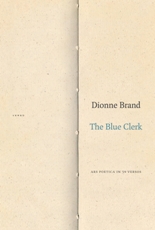 Dionne Brand's epic The Blue Clerk: Ars Poetica in 59 Versos (Duke University Press) is a series of prose poem dialogues between a poet and her Blue Clerk, keeper of the poet's reams of pages--stored in bales on the dock of a mysterious wharf. "I am not really in life, the author says. I am really a voyeur. But the part of me that is in life is in pain all the time. That's me, says the clerk. You watch, I feel."
Dionne Brand's epic The Blue Clerk: Ars Poetica in 59 Versos (Duke University Press) is a series of prose poem dialogues between a poet and her Blue Clerk, keeper of the poet's reams of pages--stored in bales on the dock of a mysterious wharf. "I am not really in life, the author says. I am really a voyeur. But the part of me that is in life is in pain all the time. That's me, says the clerk. You watch, I feel."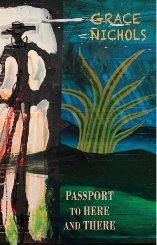 In her poem "Landing" (Passport to Here and There, Bloodaxe Books), Grace Nichols recalls her return to Guyana, the country she left for England at 27. "Homing in to my first-time landing at Ogle,/ nothing can stop my Demerara-smile..../ Not even the immigration officer, who flicking through my British passport,/ grants me exactly the fourteen days of stay/ I'd asked for, in the country of my birth."
In her poem "Landing" (Passport to Here and There, Bloodaxe Books), Grace Nichols recalls her return to Guyana, the country she left for England at 27. "Homing in to my first-time landing at Ogle,/ nothing can stop my Demerara-smile..../ Not even the immigration officer, who flicking through my British passport,/ grants me exactly the fourteen days of stay/ I'd asked for, in the country of my birth."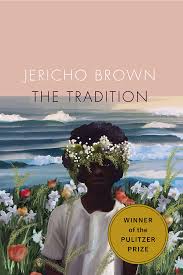 And in "After Avery R. Young," included in The Tradition (Copper Canyon Press), Jericho Brown writes: "All land owned is land once stolen./ So the blues people of the world walk/ On water. We will not die. Blk music./ Blk rage. Blk city of the soul/ In a very cold town. Blk ice is ice you can't see." --Robert Gray, editor
And in "After Avery R. Young," included in The Tradition (Copper Canyon Press), Jericho Brown writes: "All land owned is land once stolen./ So the blues people of the world walk/ On water. We will not die. Blk music./ Blk rage. Blk city of the soul/ In a very cold town. Blk ice is ice you can't see." --Robert Gray, editor


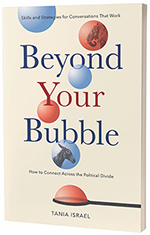


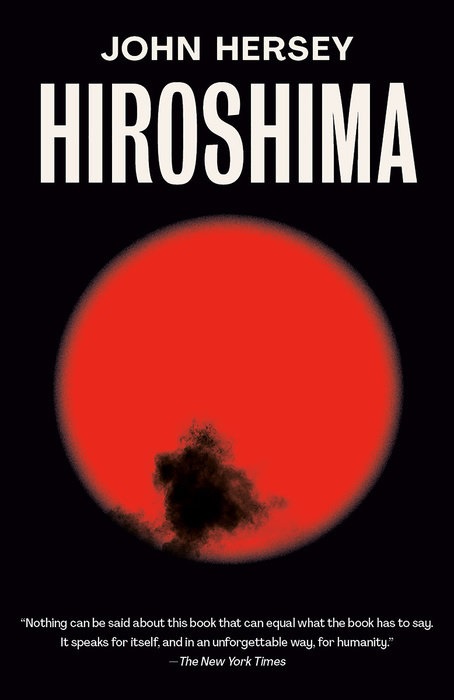 This month marks 75 years since the United States dropped nuclear weapons on Hiroshima and Nagasaki, killing between 129,000 and 246,000 people, primarily civilians. War correspondent John Hersey was one of the first American journalists to tour the ruins of Hiroshima and interview survivors. Hersey's article, "Hiroshima," ran in its entirety in the August 31, 1946 issue of the New Yorker. The 31,000-word story was published as a book by Knopf two months later and has been in print ever since, selling more than three million copies. Hersey's account used a straighforward style to chronicle the harrowing experiences of two doctors, a Protestant minister, a German Catholic priest, a seamstress and a factory worker before the bomb fell, during the carnage that immediately followed and one year on. Later editions of Hiroshima added a section about the attack's impact 40 years later.
This month marks 75 years since the United States dropped nuclear weapons on Hiroshima and Nagasaki, killing between 129,000 and 246,000 people, primarily civilians. War correspondent John Hersey was one of the first American journalists to tour the ruins of Hiroshima and interview survivors. Hersey's article, "Hiroshima," ran in its entirety in the August 31, 1946 issue of the New Yorker. The 31,000-word story was published as a book by Knopf two months later and has been in print ever since, selling more than three million copies. Hersey's account used a straighforward style to chronicle the harrowing experiences of two doctors, a Protestant minister, a German Catholic priest, a seamstress and a factory worker before the bomb fell, during the carnage that immediately followed and one year on. Later editions of Hiroshima added a section about the attack's impact 40 years later.